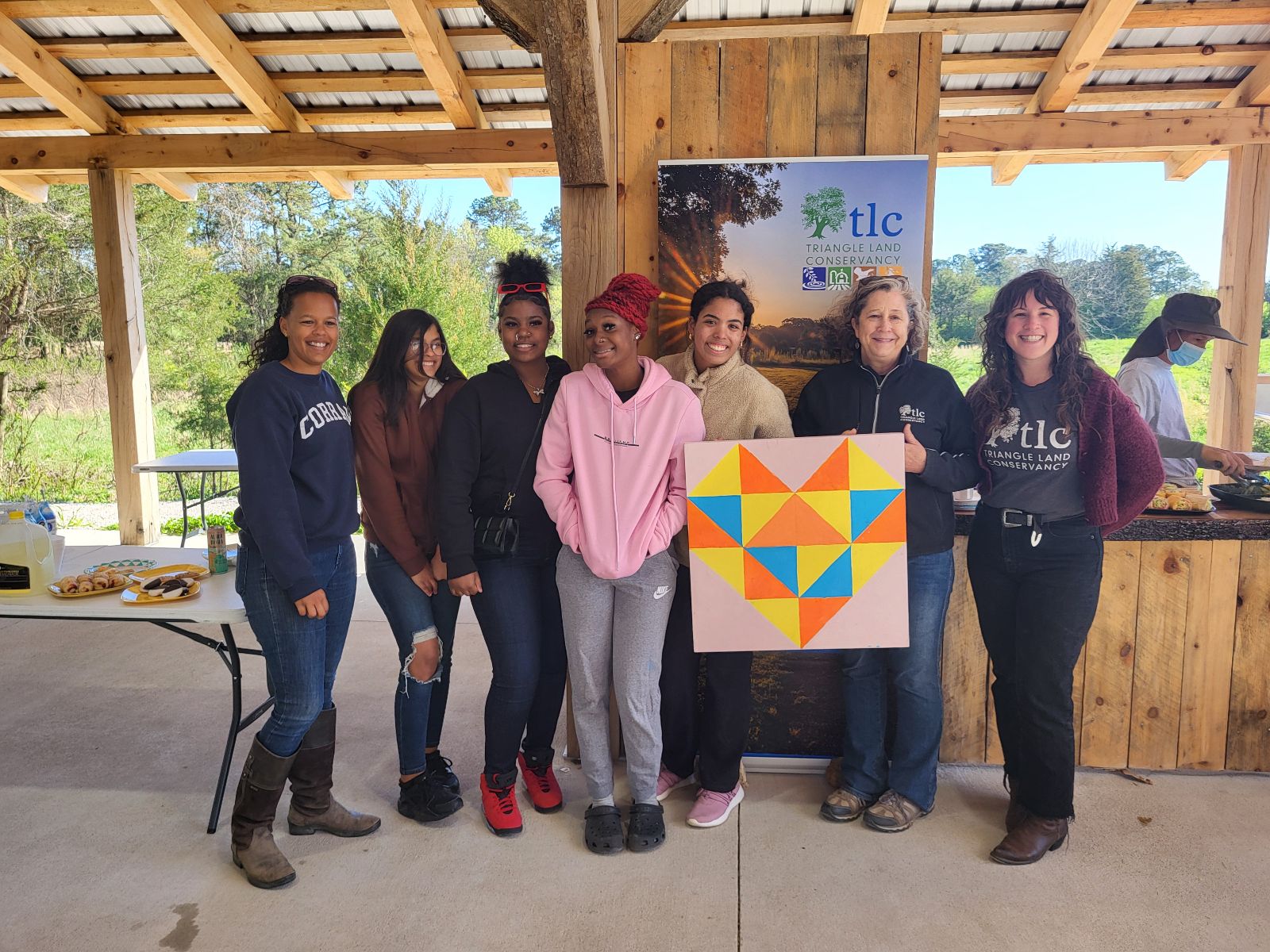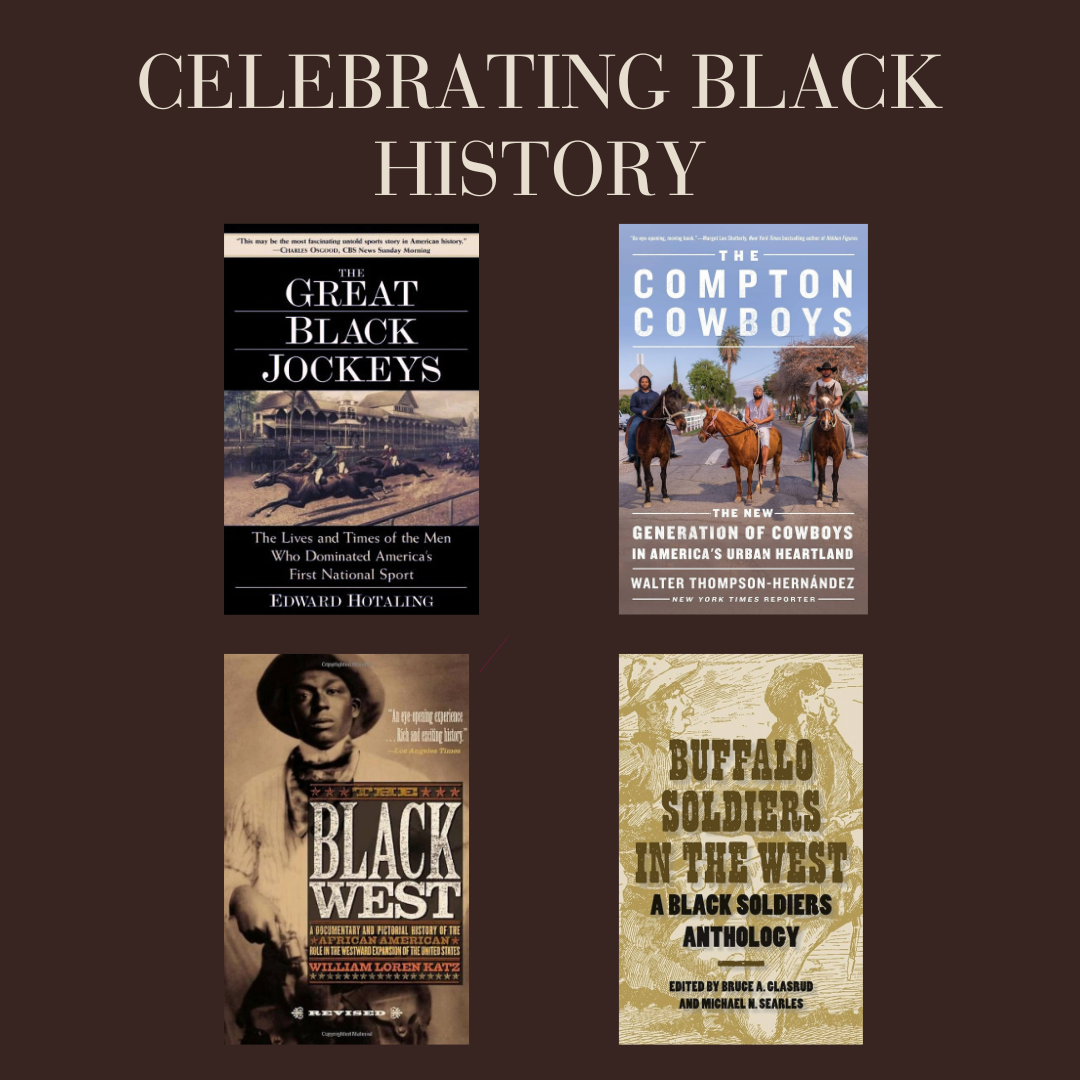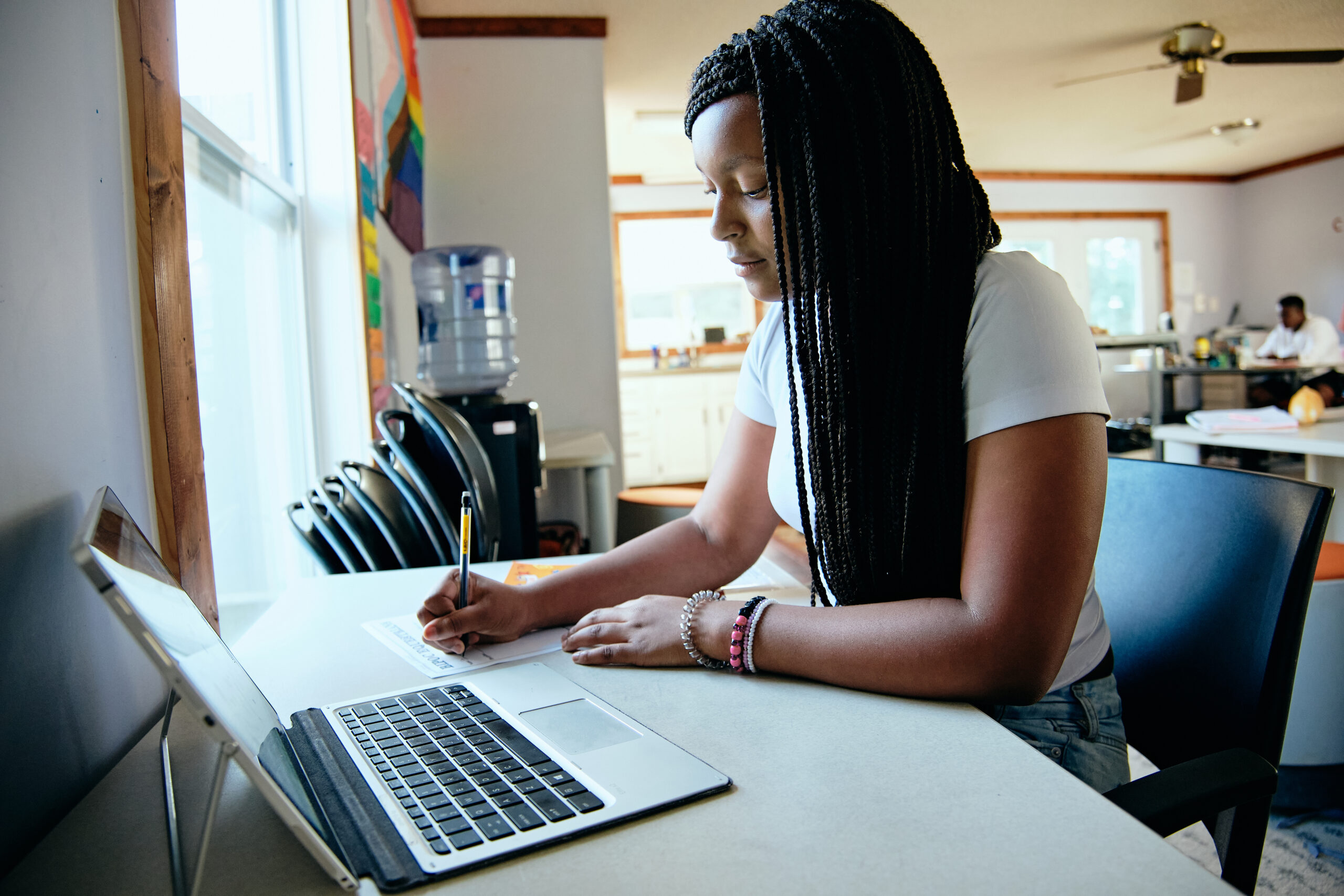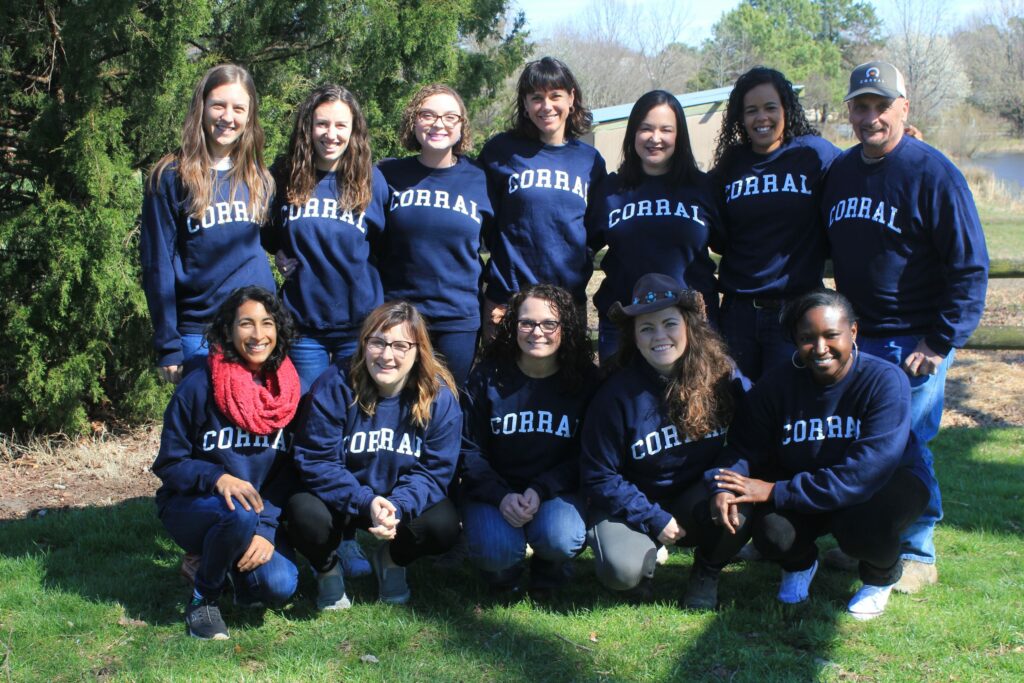As data began to trickle in toward the beginning of the pandemic in the U.S., the initial numbers were almost unbelievable. But COVID-19’s racial disparities have since become clear and indisputable: the pandemic has been impacting people of color, especially Black and Latinx people, at an alarmingly disproportionate rate.
CDC data indicate that Black and Latinx people in the U.S. have been three times as likely as white people to become infected with COVID-19 and also almost twice as likely to die of the virus.
But Why?
The reasons for racial disparities in health are complex, and researchers have been working to untangle them for years. The answers don’t lie in genetics. According to a growing body of evidence, the roots of these disparities go much deeper, stemming from the structural racism that has persisted in the U.S. since before its inception.
Structural racism—social and legal barriers that hinder people of color from accessing high-quality education, jobs, housing, and health care—is thought to influence health in numerous ways. For starters, lower income, less education, and lack of access to health care are associated with worse health outcomes. But even when researchers control for these variables, they still find that people of color often have worse health outcomes than white people.
While studying health disparities in Black women in 1992, researcher Arline Geronimus coined the term “weathering” to describe her hypothesis that the body’s reaction to the stress of what we now call structural racism can lead to the premature deterioration of health. Subsequent research has supported this idea, and weathering has since been linked to cardiovascular disease and diabetes in people of color.
In other words, structural racism appears to exert a compounding effect on health: it places many people of color in circumstances that are associated with poor health outcomes regardless of race, while simultaneously applying additional stress that may lead to further health degradation.
COVID-19’s Racial Disparities
As it pertains to COVID-19, this compounding effect has translated into a perfect storm of devastation. In terms of underlying health conditions and vulnerabilities, Black and Latinx people experience higher barriers to healthcare access than white people and exhibit higher rates of chronic conditions associated with COVID-19 complications, such as cardiovascular disease and diabetes. They are also more likely than white people to live in areas with higher levels of air pollution, which has been linked to a higher likelihood of death from the virus. In terms of conditions that increase the odds of viral exposure, Black and Latinx people are more likely than white people to be essential workers in the service sector and to live in dense conditions and multigenerational homes.
CORRAL’s Role
As members of a marginalized population, young girls of color are statistically more likely to have negative health, academic and economic outcomes. Understanding this context, CORRAL bears the same responsibility to heal the trauma our girls have experienced due to systemic racism just as much as more commonly understood forms of trauma, such as physical or emotional abuse.
Through equine therapy, mentorship, and tutoring, we offer our girls not only skills to help cope with the numerous stressors they face, but to thrive academically, physically, and professionally.
When we saw how COVID-19 was profoundly affecting the girls and their families, our staff and community came together to extend services and resources and provide them with groceries, diapers, and gas cards to help lighten the burden of the pandemic. And, this fall, we are increasing our services from 14 to 40 hours per week for each Riding Academy girl, so their caretakers can return to work, and our girls feel supported and stable throughout their healing and academic journeys during this pandemic.
We are also committed to helping dismantle structural racism in our community through education, including our most recent series of anti-racism dialogues with experts in the field. Join our mission – there’s a place for you to help dismantle racism! You can also check out our blog post on how prayer can help bring about peace during turmoil.





